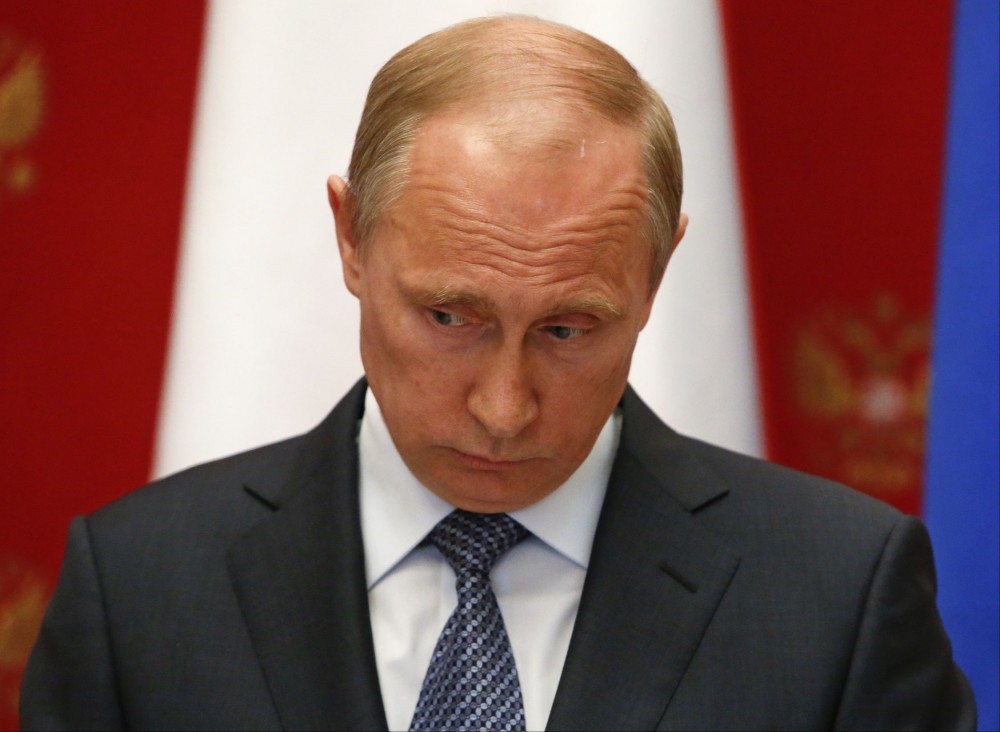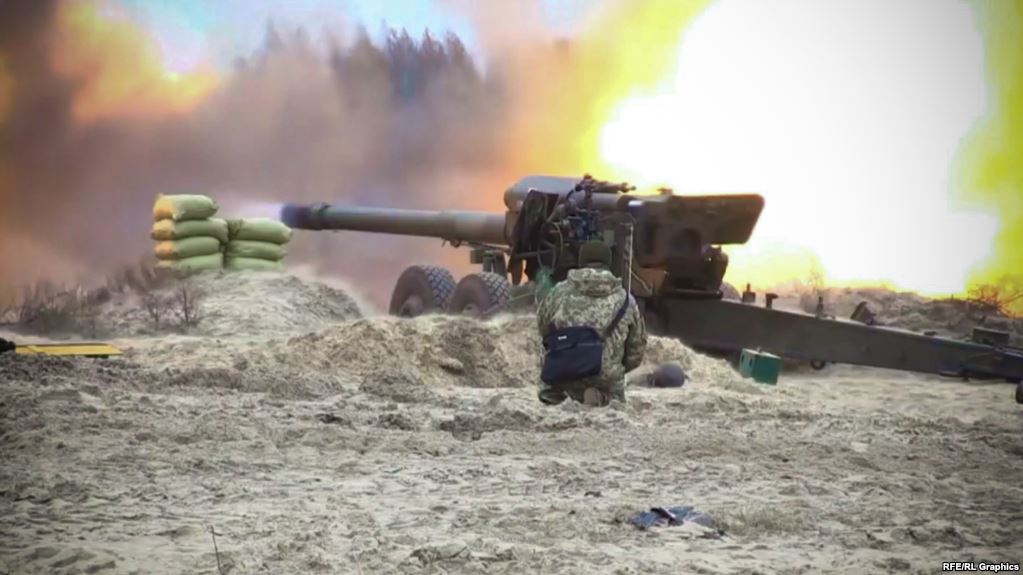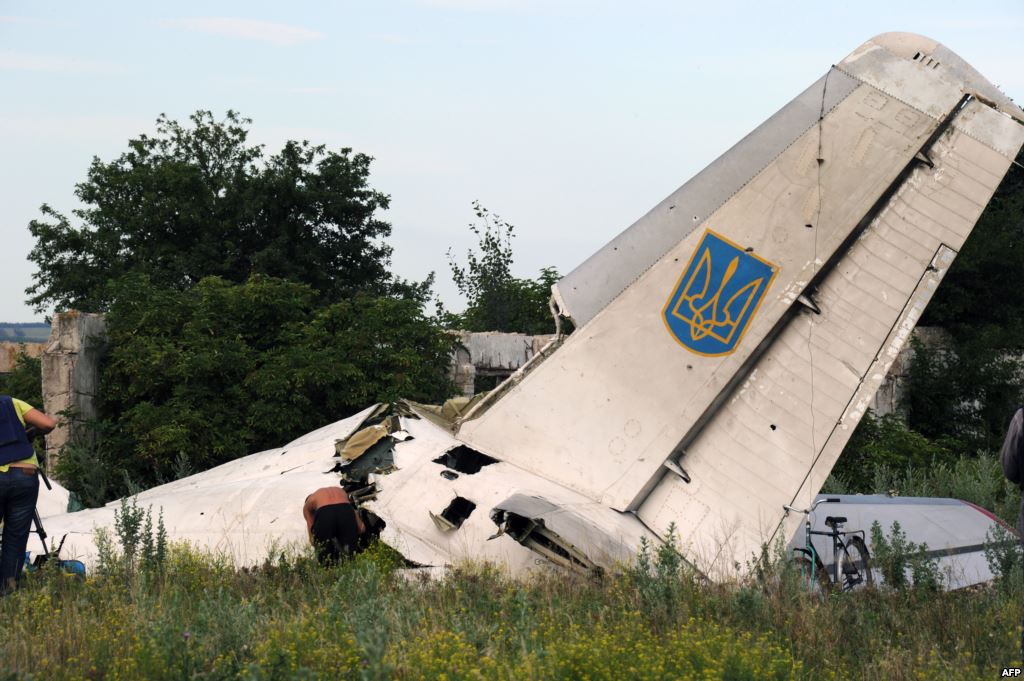“Putin has finally decided” to block all of the ways out from “the dead end into which he has driven himself and Russia,” Andrey Illarionov says, prompting the West to oppose him more vigorously, creating a disaster for Russia, and setting the stage for the ultimate restoration of Ukrainian control over the Donbas and Crimea.
The Kremlin leader’s use of nuclear blackmail led the leaders of Germany and France to sign the Minsk accords, the Russian commentator says, but his repeated use of the same tactic has forced the West to adopt a confrontational strategy given the dangers Putin’s policy entails.
Putin continues to try to present this situation as “a dead end into which he supposedly has been driven,” Illarionov continues. But “in fact, it was not the West that drove him into this corner but he himself. More than that, he continues in this direction ever further and deeper,” while carefully “barricading” Russia from any of the ways out he might have pursued.
Given that Russia has nuclear weapons and a 700,000-man army, the commentator says, that alone “forces millions of people throughout the entire world to be afraid” of what the Kremlin may do next.”
“That is the tragedy of the present situation,” Illarionov says, “because hundreds of millions of people directly depend on Putin. Their lives, health and well-being really depend on the decisions of one man. But the problem is that in the contemporary world, ordinary citizens, the expert community and the leaders of the Western countries don’t know how to respond.”
As a result, “the only way out of this situation” is likely to be “a continuation of the confrontation” which has plunged the world into a Cold War and a situation which “could take on other hotter forms.” And that reality, Illarionov says, is “not susceptible to easy and simple predictions.”
That in turn means that “this war will have various stages. But at its end, Ukraine will regain control over the occupied territories,” the commentator says, adding that he is “very much concerned that for Russia this will not be the only geopolitical consequences of the end of this confrontation.”
Illarionov analyzes Putin from the perspective of someone who has consistently opposed the Kremlin leader’s actions in Ukraine. But what is truly frightening is some who have supported Putin look at the same situation he does and conclude that Putin must get out of the current impasse by going over to the offensive.
One such writer, Aleksey Anpilogov, in an article in Aleksandr Prokhanov’s “Zavtra,” pointedly asks “Is it possible to win a war while sitting in a fortress? Even if this fortress covers a sixth of the earth’s surface, has 146 million residents, and whose ancestors have left it a powerful arsenal of conventional and nuclear arms?”
The greatest theoreticians of war, he continues, say otherwise. They argue that “wars have always been won exclusively by attacks,” and those who adopt a defensive position typically create a situation in which “the army and people sitting in a fortress lose their opportunities for action day by day, exhaust their resources and demoralize their soldiers.”
The conflict between Russia and the West “isn’t going to disappear. War and the siege of the fortress will be extended just as Alarich’s barbarians continued the siege of Rome even after various ‘armistices’ and declarations about ‘eternal friendship.’” At the end of it, “’the thousand-year Rome’” was overwhelmed by the barbarians marching through its streets.
One wants to believe, Anpilogov continues, that “the Russian elite understands this and doesn’t have any illusions regarding the iron curtain of the West” which may take on many forms but which will never be eliminated as long as the two are locked in confrontation.
“Russia has no friends in Kyiv. But both the West and Russia have interests there which must be achieved. The interest of Russia is in the lifting of the blockade from its fortress – but unfortunately for this to happen, one must attack.” Acting as if Russia can simply sit in its fortress and wait is no way to win a war, he concludes.








